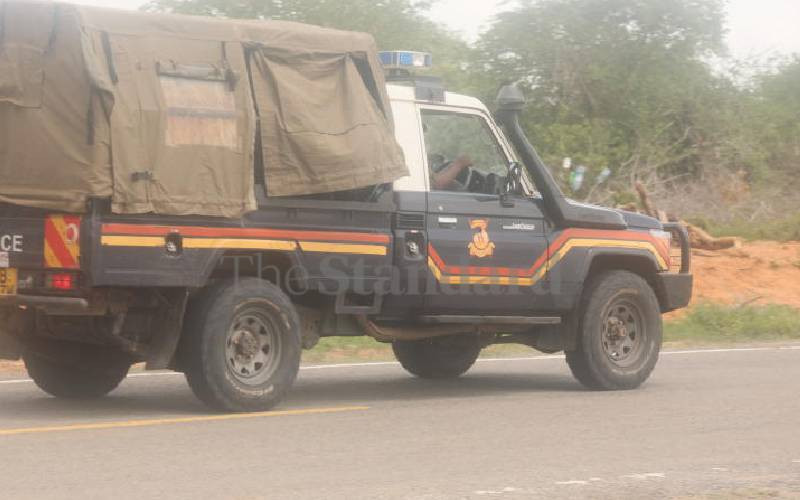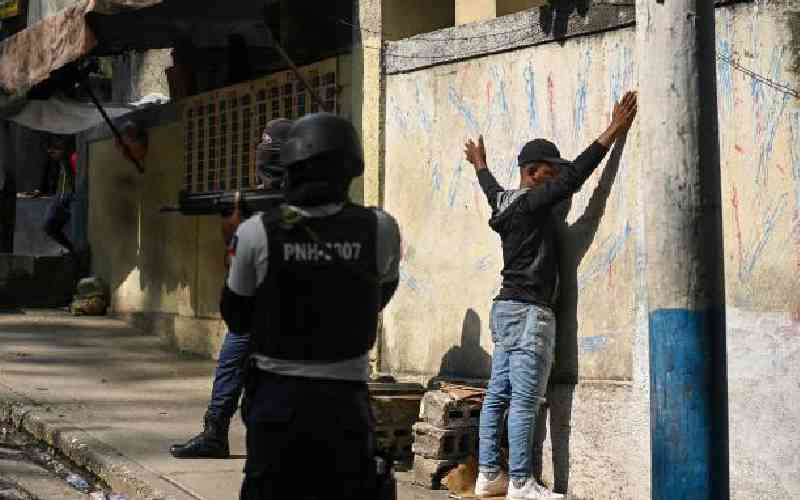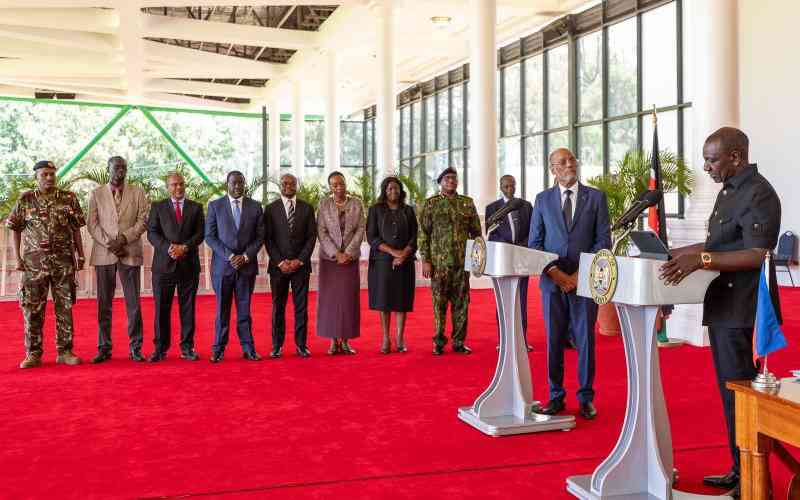Unemployment of many in Kenya has been a challenging factor that has affected people's livelihood.
This has resulted into crime related acts causing insecurity in the country.
Individuals or groups adopted increasingly extreme political, social or religious ideals and inspirations that undermine the status quo and expression of freedom of choice.
Criminal gangs, ethnic sects and local militia have been undertaking such recruitment for years. Politicians have used the youth.
This is particularly during elections, to buy and rig votes, intimidate the opposition by causing violence, create disturbances to the opposition supporters, create fear and unrest on people and even mount violent attacks on opponents and their supporters.
In the disputed 2007 elections, such practices led to widespread violence across the country. Conversely, in recent years, youth radicalization has become even more threatening on account of the increased terrorist activities in the region.
Due to regular terrorist attacks that have been experienced in Kenya, that have caused massive deaths, economic deflation and many more negative effects, the country has not been able to grow economically.
Children are easily vulnerable to engrossment with groups or individuals who advocate violence as a means to a political or ideological end.
Looking at the case in Kenya, a number of interrelated social, political and economic factors are fueling the radicalization of children.
In Nairobi, there is a set of gangs like the Superpower in Dandora and Eastleigh, Gaza Boys crew in Kayole, Msako Empire in Huruma, the 40 Brothers in the City Centre and Usiku Sacco in Umoja among others.
The groups coordinate, lure and recruit youths in the social media with facebook accounts such as Msako and Postmore Empires, Doughty, Mauki and Cosovo Families, Usiku Sacco among others.
According to a report by the International Crisis Group, the Northern Kenya has a history of insurgency, misrule and repression, chronic poverty, massive youth unemployment, high population growth, insecurity, poor infrastructure and lack of basic services, which resulted in the bleak socio economic and political conditions.
The rate of poverty is significantly higher in the areas where radicalization of children is rampant, thus the vulnerability of children and young people being lured to join these groups.
Moreover, the unfolding conflict in neighboring Somalia has also had a largely negative effect on the province. Reports also reveal the existence of a high level of small arms flow across the Northern Kenya provides a conducive environment for the extremists to easily arm their recruits.
Therefore previous experiences of protracted processes of radicalization leading to terrorism should offer some useful guidance to all Kenyans for it affects everyone in one way or the other.
Stay informed. Subscribe to our newsletter
 The Standard Group Plc is a
multi-media organization with investments in media platforms spanning newspaper
print operations, television, radio broadcasting, digital and online services. The
Standard Group is recognized as a leading multi-media house in Kenya with a key
influence in matters of national and international interest.
The Standard Group Plc is a
multi-media organization with investments in media platforms spanning newspaper
print operations, television, radio broadcasting, digital and online services. The
Standard Group is recognized as a leading multi-media house in Kenya with a key
influence in matters of national and international interest.
 The Standard Group Plc is a
multi-media organization with investments in media platforms spanning newspaper
print operations, television, radio broadcasting, digital and online services. The
Standard Group is recognized as a leading multi-media house in Kenya with a key
influence in matters of national and international interest.
The Standard Group Plc is a
multi-media organization with investments in media platforms spanning newspaper
print operations, television, radio broadcasting, digital and online services. The
Standard Group is recognized as a leading multi-media house in Kenya with a key
influence in matters of national and international interest.








